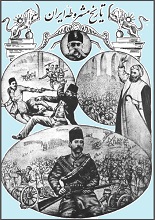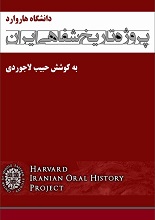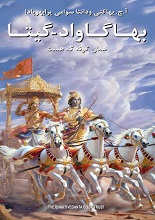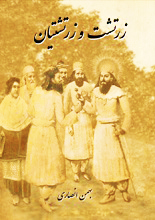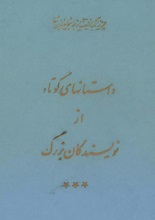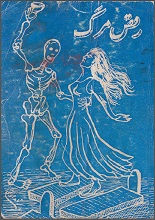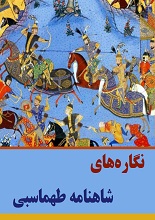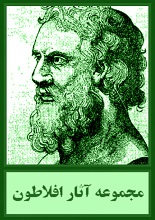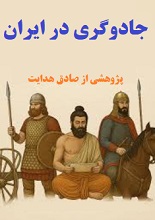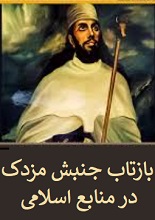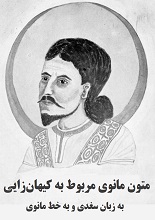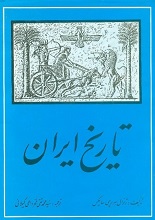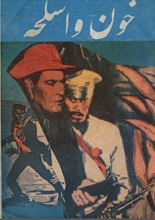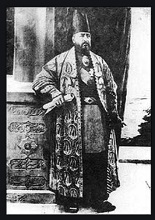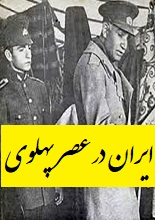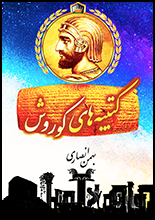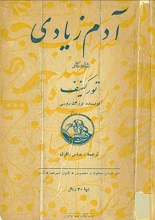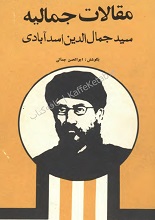Georg Wilhelm Friedrich Hegel was one of the most influential philosophers of the 19th century. Born on August 27, 1770, in Stuttgart, Germany, Hegel played a central role in German idealism and laid the foundation for many modern philosophical schools of thought, including existentialism, Marxism, and phenomenology.
HEGEL: Early Life and Education
Hegel was born into a middle-class Protestant family. His father worked as a civil servant, and from a young age, Hegel showed a strong interest in literature, theology, and philosophy. He studied at the Tübinger Stift, a Protestant seminary at the University of Tübingen, where he formed close friendships with future philosophers Friedrich Wilhelm Joseph Schelling and Friedrich Hölderlin.
Academic Career
After completing his studies, Hegel worked as a private tutor before entering academia. His first major work, The Phenomenology of Spirit (1807), introduced his dialectical method and the concept of the development of consciousness. Hegel later held professorships at the University of Heidelberg and the University of Berlin, where he became a prominent figure in the philosophical community.
دانلود برخی از کتابهای هگل:
عقل در تاریخ
فلسفه تاریخ
تاریخ فلسفه غرب
درآمدی بر جامعهشناسی ادبیات
فلسفه تاریخ هگل
Philosophical Contributions
Hegel is best known for his dialectical method, a process of logical development in which a concept (thesis) naturally gives rise to its opposite (antithesis), and their conflict is resolved in a synthesis. This triadic structure was central to his system of thought.
Some of his major works include:
- The Phenomenology of Spirit (1807)
- The Science of Logic (1812–1816)
- The Encyclopedia of the Philosophical Sciences (1817)
- The Philosophy of Right (1820)
Hegel’s ideas on history, politics, and reality were groundbreaking. He believed that history is rational and that human societies progress through a dialectical process toward greater freedom.
Legacy
Hegel died on November 14, 1831, in Berlin, possibly due to cholera. Despite early criticism for the complexity of his writing, his ideas have had a lasting impact. Thinkers like Karl Marx, Jean-Paul Sartre, and Martin Heidegger built on or reacted to his work.
Today, Hegel is regarded as a central figure in Western philosophy, whose work continues to shape discussions in metaphysics, logic, ethics, and political theory.
Personal Life of Hegel
Hegel was known to live a disciplined and structured life. Though deeply immersed in complex philosophical thought, he also appreciated art, particularly classical Greek culture, literature, and music. In 1811, Hegel married Marie Helena Susanna von Tucher, and they had two sons. He also had an illegitimate son, Ludwig, from a previous relationship, whom he later brought into his household and supported.
Despite the often abstract and challenging nature of his work, Hegel was reportedly sociable, enjoyed conversation, and was respected by colleagues and students alike. He maintained correspondence with many prominent intellectuals of his time.
Hegel’s Influence on Philosophy
Hegel’s philosophy profoundly shaped the trajectory of Western thought. After his death, his followers split into two main camps:
- The Right Hegelians, who interpreted his philosophy in a conservative and religious direction.
- The Left Hegelians, who viewed his dialectics as a tool for revolutionary change—Karl Marx being the most famous among them.
His concept of the Absolute—the total reality that unfolds through historical and logical development—remains central to idealist philosophy. Hegel also introduced the idea that freedom is realized through the development of ethical life (Sittlichkeit), emphasizing that individual freedom is achieved not in isolation, but in social institutions like family, civil society, and the state.
Criticism and Interpretation
Many have criticized Hegel for his dense and obscure writing style. Even his most dedicated readers often struggled with the complexity of his ideas. However, his method and influence remain unavoidable in serious philosophical inquiry. Twentieth-century philosophers such as Alexandre Kojève, Herbert Marcuse, and Charles Taylor helped revive interest in Hegel, particularly in France and the Anglo-American world.
Also read: KANT: A Biography
Hegel in the Modern World
Hegel’s legacy stretches far beyond philosophy. His ideas influenced:
- Political theory: through Marxist, liberal, and communitarian traditions.
- Literature and art: inspiring ways to interpret historical development in culture.
- Theology: particularly in the works of Protestant thinkers and in liberation theology.
- Education and pedagogy: with his emphasis on the unfolding of self-consciousness and rational development.
Even today, Hegel’s dialectical approach is used in fields as diverse as critical theory, psychoanalysis (especially in the work of Slavoj Žižek), and artificial intelligence, where questions about consciousness and self-awareness are central.
Download eBook: HEGEL A Biography
Georg Wilhelm Friedrich Hegel remains one of the towering figures in the history of philosophy. His deep and systematic exploration of logic, history, society, and spirit offers a comprehensive vision of human thought and freedom. Though his work can be challenging, those who engage with his ideas often find rich insights into the nature of reality, human progress, and the meaning of existence.

برای دانلود این کتاب، ابتدا باید عضو سایت بشوید.
پس از عضویت، لینک دانلود این کتاب و همهی کتابهای سایت برای شما فعال میشوند.
(قبلا عضو شدهاید؟ وارد شوید)



